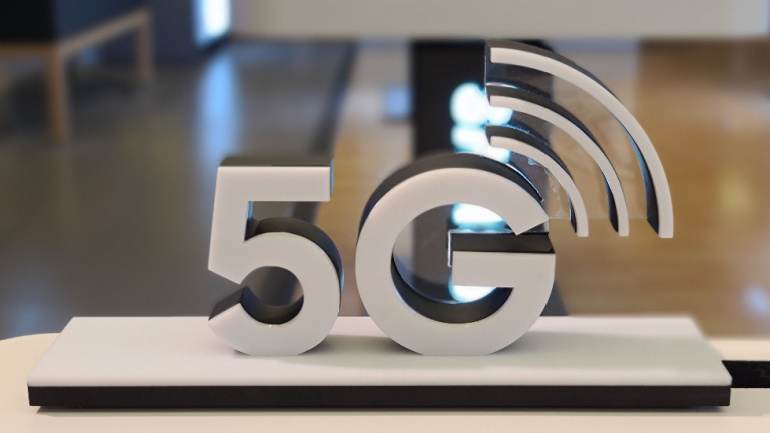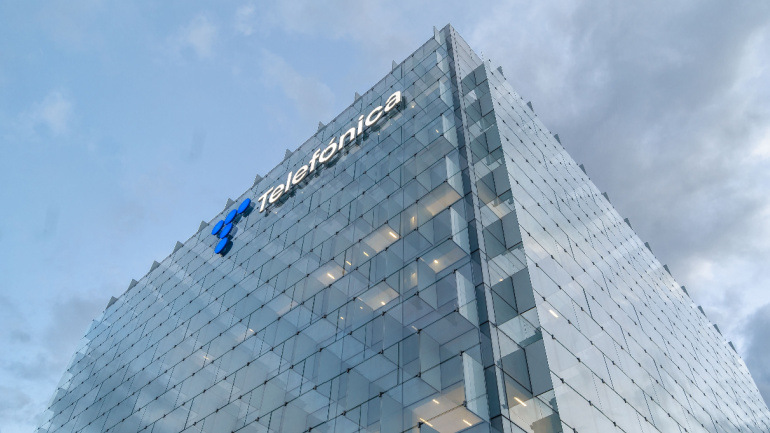Almost half of Britain’s deprived rural areas lack access to 5G, according to a study by Vodafone. Urban communities fare better, but the digital divide remains significant. While this disparity supports Vodafone’s push for a merger with Three to improve coverage, government approval is still pending. Is this research merely a tactic to justify the merger, or does it genuinely highlight the urgent need for connectivity solutions in these regions?
Ofcom has cemented plans to propel UK’s 5G coverage by introducing the nation’s first millimetre-wave (mmWave) spectrum auction. This will span the robust 26GHz and 40GHz spectrum bands, targeting faster 5G speeds across 68 UK towns and cities. Interestingly, mmWave 5G promises impressive speed and capacity upgrades, but struggles with range and penetrability, making it ideal for densely populated areas. The auction awaits a verdict on a key industry merger before commencement.
In a push for universal cybersecurity standards, the EU faces backlash from global telecommunications titans like Ericsson and Nokia, who warn of supply chain disruptions akin to those experienced during COVID-19. Striking a balance between stringent security measures and smooth product availability is crucial, prompting these industry leaders to suggest increased self-assessment and more lenient implementation timeframes. However, the underpinning question remains – who should ensure industry compliance, the vendors or third parties? Amidst the surge in cybercrime, a secure, streamlined approach is paramount.
The ambitious nexfibre roll-out strategy continues with plans to extend their services using the advanced XGS-PON architecture, promising symmetrical speeds up to 10 Gbps. This includes expansion into locations like Kent, Cheshire, and Durham. With fruitful collaboration with Virgin Media O2, nexfibre is set to revolutionize broadband access in the UK.
DIDWW, a global telecoms provider specializing in top-quality VoIP communication and SIP trunking solutions for businesses and telecom carriers, has announced the coverage expansion of its emergency calling services. With the inclusion of Chile, Estonia, and the UK, the DIDWW SIP service now offers emergency calling capabilities in 29 countries, spanning regions across Europe, Oceania, and the Americas.
Diving into the complex dynamics of the telecom industry, Telecom Italia (TIM) pushes forward with the sale of its fixed-line network to US-based KKR, forecasting considerable debt reduction. Yet, Vivendi’s discontent raises questions about ownership rights, stirring an interesting conflict.
Telefónica, a Spanish operator group, is set to acquire the remaining shares of Telefónica Deutschland, taking a decisive leap in consolidating their place in the European telecom sector. This bid, however, isn’t without its potential hurdles. For stakeholders to see potential, they need to be convinced the company’s predicted growth won’t overshadow the offered price. Meanwhile, a surprising twist comes into play as Saudi operator group, STC, expresses its interest to buy a stake in Telefónica, triggering a wave of political interest in Spain.
Marlink has teamed up with Eutelsat OneWeb to bring satellite connectivity to the luxury icebreaker cruise ship, Le Commandant Charcot. Their innovative hybrid network enhances both operationally and leisurely experiences, using layered, encrypted technology for robust security. Remarkably, it allows for separate crew and operational systems on one terminal and ensures unprecedented internet access in remote locations.
Navigating controversy and complex negotiations, Rogers Communications’ acquisition of Shaw Communications, perhaps unexpectedly, resulted in significant job cuts. Amidst skepticism and fears of further layoffs, Rogers remains steadfast in their stance, insisting on their commitment to job creation. However, the telecommunications landscape is a convoluted jigsaw, and this merger has merely revealed another challenging piece.
Sinch, which powers meaningful conversations between businesses and their customers through its Customer Communications Cloud, today announced that it will deliver a digital transformation project for Beyond ONE in the growing Latin American market. The newly announced project will see Sinch optimizing Beyond ONE’s digital infrastructure to improve customer experience for its users.













